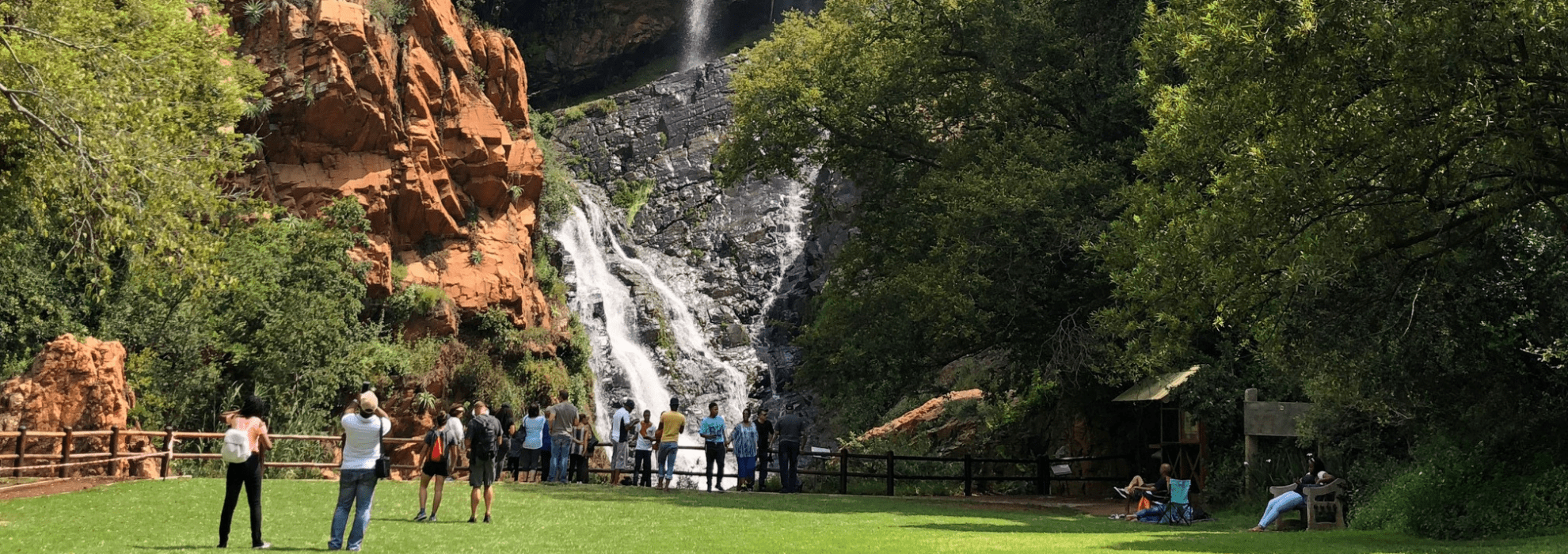Everything about Johannesburg North Attractions
Table of ContentsJohannesburg North Attractions Can Be Fun For AnyoneJohannesburg North Attractions for DummiesFacts About Johannesburg North Attractions RevealedHow Johannesburg North Attractions can Save You Time, Stress, and Money.The Main Principles Of Johannesburg North Attractions The Johannesburg North Attractions PDFsThe Ultimate Guide To Johannesburg North Attractions
You should keep protection in mind and visitors have to continue to be sharp at all times when in unknown surroundings. Talk to the locals when you remain in community to discover the area you are staying in. Johannesburg North attractions. When on the road (this does not put on mall and various other secure settings) finest general guidance is to try your ideal to resemble a regional and to prevent presenting any kind of form of riches
Rumored Buzz on Johannesburg North Attractions
Professor Revil Mason O. J. (Thomson, 1946) checked out the Witwatersrand's pre-colonial history. His archaeological work exploded the 'em pty land' misconception, according to which the region was empty of human habitation prior to the arrival of European settlers. In his magazines Prehistory of the Transvaal: A Record of Human Activity (1962) and Beginnings of Black People of Johannesburg and the Southern Western Central Transvaal Advertisement 3501880 (1986 ), Teacher Mason demonstrated the level of social and economic development in the location before Europeans established foot right here.

The Best Guide To Johannesburg North Attractions
He acted with the government's approval, approved after he had testified keep his explorations secret. In 1874, small mining operations were begun in the Magaliesberg, where an Australian, Henry Lewis, had found gold down payments. In 1878, David Wardrop found gold in quartz blood vessels at Zwartkop, north of Krugersdorp. In 1881, Stephanus Minnaar came across gold on the farm Kromdraai, near the Cradle of Humankind.
In March 1886, a protrusion (soon to be called the Key Coral reef) was discovered, quite fortunately, on Gerhardus Oosthuizen's ranch Langlaagte. Some say that the Lancastrian coal miner George Pedestrian found this reef. Another travelling English prospector, George Harrison (that had previously worked in Australian mines) gotten a prospecting licence in regard of Langlaagte in May 1886.
He chose to relocate on in a mission for greener pastures, and disposed of his Langlaagte insurance claim for the princely amount of 10. Alas: below lay the wealthiest goldfield ever found. The exploration of this rich auriferous coral reef provoked a gold thrill that signalled completion of agrarian tranquillity in the southern Transvaal.
It would, within six years, end up being the biggest town in southerly Africa. Within a decade, it would certainly make the Z. A. R. up until then an anarchical and insolvent little state the richest country in Africa. By the millenium, the Z. A. R. was to exceed Russia, Australia and the USA of America to become the globe's leading gold manufacturer, producing greater than a quarter of the world's gold.
The Ultimate Guide To Johannesburg North Attractions
It was called Ferreira's Camp, named after Colonel Ignatius Ferreira. He was a Boer adventurer upon whom the British authorities had bestowed the condition of Buddy of the A Lot Of Distinguished Order of St Michael and St George (entitling him to the post-nominal letters C. M. G.) in thankfulness for his duty in the battle that had actually deposed the Pedi king Sekhukhune in 1879.
Soon the camp was including camping tents and wagons as novices got here daily from much and wide. By September 1886, some 400 people lived in Ferreira's Camp, which soon boasted upraised iron and wood buildings. Two other camps were established: Meyer's Camp on the farm Doornfontein, and Paarl Camp. The latter was nicknamed Afrikander Camp; lots of people from the Cape Colony worked out there.

Johannesburg North Attractions Can Be Fun For Anyone
This name got currency by word of mouth, such that the State Assistant affirmed the name to the Mining Commissioner on 9 October 1886. Stands in the village were auctioned on 8 December 1886. While some stands were cost 10, others were knocked down for just sixpence.
Two years later on, these erven were to change hands for as much as 750 each. The tented camps dwindled as a dorp of corrugated iron buildings developed and broadened north of the mines situated along the Key Coral Reef Roadway. Locations such as Jeppe's Community (where working-class immigrants erected their dwellings) and Doornfontein (where the affluent new 'Randlords' began to construct their opulent homes) were soon contributed to the ever-expanding map of the town.
Little Known Facts About Johannesburg North Attractions.
Apart from the road names, there were no indications of Johannesburg being situated in a Dutch-speaking nation., almost everyone talked English and even the Federal government slaves dealt with one in English, unless they were first resolved in the Taal (or Low Dutch)'.
As such, Britain had a passion in guaranteeing optimum read review problems for gold production on the Witwatersrand, and that the gold was exported to London as opposed to Berlin an essential provided all the much more clamant by the Z. A. R - Johannesburg North attractions.'s raising toenadering with Germany. Mine owners were on an accident training course with President Kruger, whose plan of monopolistic concessions (commonly granted to his cronies) stopped mining firms from obtaining products of products (especially dynamite) and labour on their very own, less expensive terms
Johannesburg North Attractions Things To Know Before You Get This
In 1890, the Volksraad had limited the franchise to white men that had lived in the Z. A. R. for fourteen years or longer, hence disqualifying a lot of the immigrants (that occurred to be the major factors to the fiscus). However, agitation for the vote was a mere pretext for advertising a various schedule; the majority of uitlanders concerned themselves as short-lived site visitors and had no purpose of staying in the Z.